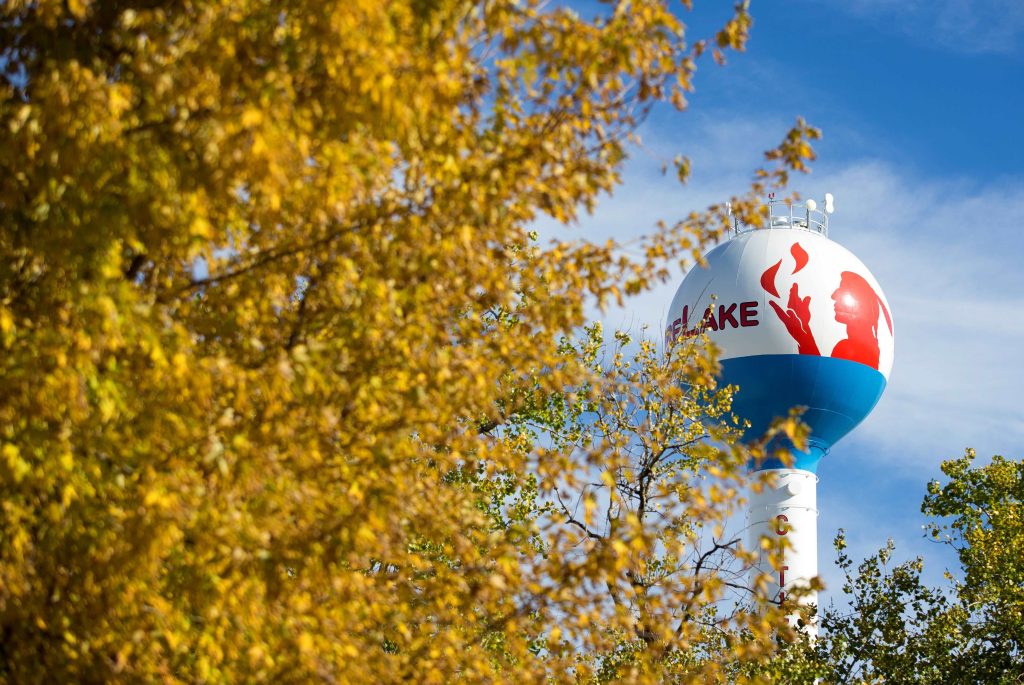Dgwaget
Translated as “the time when plants stop growing,” dgwaget (autumn) was traditionally a time of harvest and final preparation for winter. Food and supplies collected during the warmer months were readied for storage and travel. Still today, Bodéwadmi honor the season and Creator for what was provided, hosting feasts and ceremonies during the moons of autumn.
Within the large Great Lakes Region, communities experience seasonal change at different times, meaning autumn holds more moons than any other season, all with varied names and observances. For many, the transition from summer to fall is known as Nibnegises (Ripening Moon). Historically, crops planted in spring yielded a bounty of vegetables and a variety of wild berries and nuts gathered from village orchards. This was also the time when women of the Human Clan harvested nakneshk (bulrushes) to make lodge mats, bags and clothing. Others observed Zawbogyagises (Leaves Turn Yellow Moon) and still others recognized Bnakwigizes (Falling Leaf Moon). However they observed the time of year, our ancestors and present communities have played important roles in preserving our dgwaget traditions.

